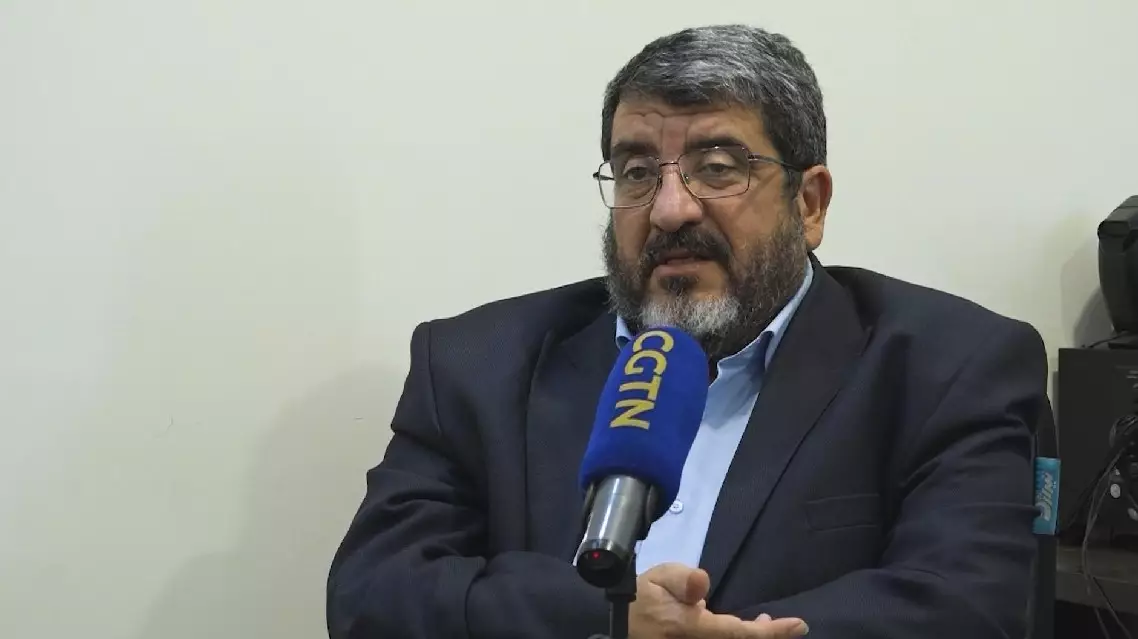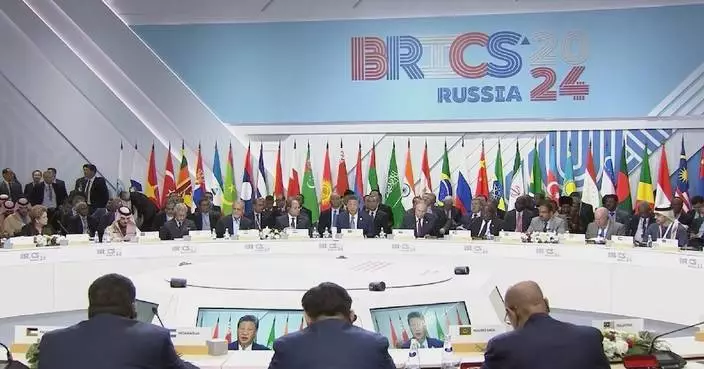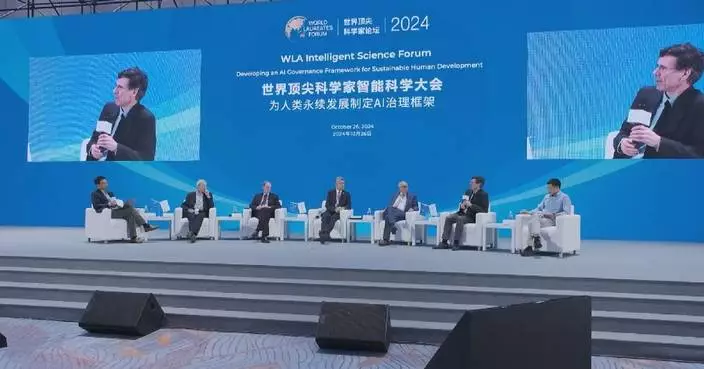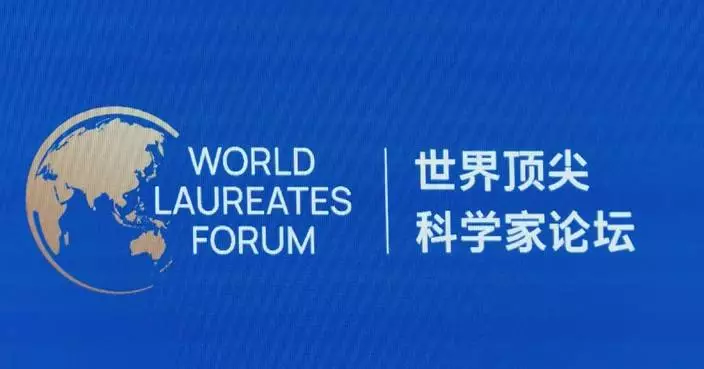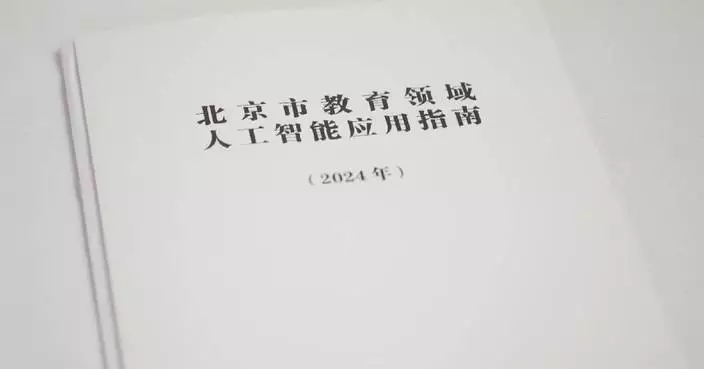Policymakers in developing countries must ensure that artificial intelligence is developed and implemented ethically and responsibly, with thoughtful integration alongside human capital, said Christopher Pissarides, the 2010 Nobel laureate in Economics, on the sidelines of the World Laureates Association Forum held in Shanghai from Friday to Sunday.
AI has been a disruptive force across various industries, significantly impacting the labor market and transforming certain job roles.
"Manufacturing is going to be automated, whether we like it or not, and jobs will be lost. Currently, the United States and other industrial powers are employing about 8 to 10 percent of their labor force in manufacturing. China is employing 30 percent, maybe even a little bit more. All those jobs will be lost, so you shouldn't worry too much about the impact of AI on labor-intensive industries, because by the time AI becomes more widespread and used more, there will be no labor-intensive industry. What you should be looking at is an AI that is ethical, responsible, making sure that it doesn't make jobs a burden on workers, making sure that it complements the human capital that you have, and they're working together. That's the way to go about it," said Pissarides.
The Nobel laureate said China's strong technological progress is boosting its competitiveness on the global stage, which will inevitably drive productivity higher.
"Despite the size of the economy and the technological advance of China that have taken place over the last 10 years, its productivity is still very low. It's only about a quarter to one third of what it is in North America and Western Europe. But it's got to compete with those countries at the international stage, and it's doing very well in the technological advance. And that inevitably is going to raise productivity," he said.
"But that's not enough, because, as we said a minute ago, industry is going to lose labor. That labor needs to be employed somewhere else, and that, of course, has to be the service sector. It needs to develop the service sector; it needs to urbanize more so that people take advantage of what we call agglomeration externalities, by which we mean that if you live in a city, you are more likely to enjoy the benefits of higher productivity, you are more likely to go out and spend more, create this demand for industry and services to grow and flourish," he continued.
Pissarides said Chinese policymakers should prioritize enhancing infrastructure for urban centers and expanding the service sector, with the first essential step being to stabilize the property market, as housing is crucial for those relocating from villages to cities during urbanization.

Developing countries need ethical, responsible AI: Nobel laureate


